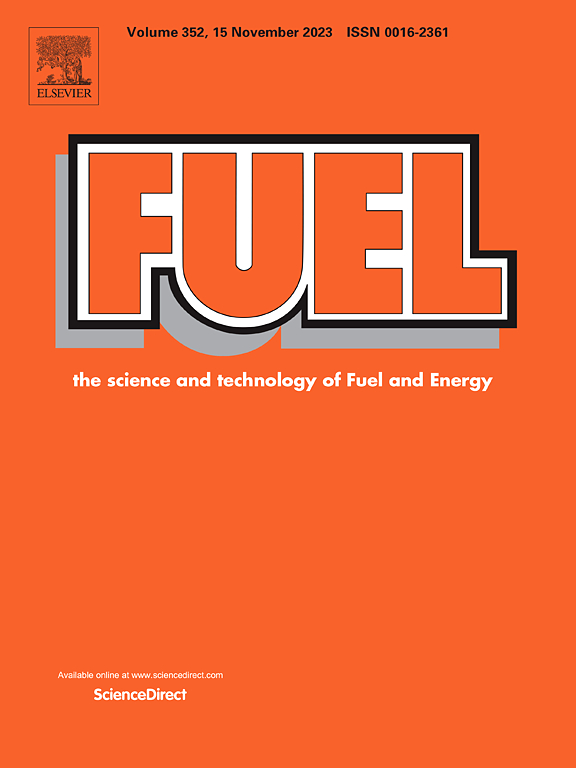The effect of TiO2 nanoadditive on emissions, exergetic performance, and enviro/social/economic indicators in a small UAV jet engine fuelled with kerosene
IF 6.7
1区 工程技术
Q2 ENERGY & FUELS
引用次数: 0
Abstract
The vehicles used in the aviation sector are widely employed in both transportation and industrial fields, and the energy requirements of these tools are currently met with fossil-based fuels. Reducing the consumption of these fossil fuels could contribute to mitigating environmental and economic impacts. Nanoparticle additives can be used in fossil-derived fuels to reduce fuel consumption. In this study, the effects of adding different proportions of TiO2 nanoparticles to kerosene (Jet A1) fuel in a jet engine are examined from the perspectives of performance, emissions, energy, exergy, and environmental-economic impacts. The experiments are conducted with three different test fuels (Jet A1, Jet A1+100 ppm TiO2, and Jet A1+200 ppm TiO2) and at nine different engine speeds (from 40 k rpm to 120 k rpm in increments of 10 k rpm). The results demonstrate that the use of TiO2 (200 ppm) in Jet A1 fuel reduced specific fuel consumption by an average of 16 % and decreased HC, CO, and CO2 emissions by average percentages of 18 %, 17 %, and 10 %, respectively. Additionally, the exergy efficiencies of the compressor, combustion chamber, and gas turbine systems were found to increase with TiO2 usage. Moreover, the addition of TiO2 to Jet A1 fuel showed the potential to reduce enviroeconomic impact by up to 10 %. In conclusion, it can be stated that the use of TiO2 in Jet A1 fuel is beneficial for reducing fuel consumption, enhancing exergetic efficiency, and improving enviroeconomic sustainability of jet engines used in both industrial and transportation sectors.
求助全文
约1分钟内获得全文
求助全文
来源期刊

Fuel
工程技术-工程:化工
CiteScore
12.80
自引率
20.30%
发文量
3506
审稿时长
64 days
期刊介绍:
The exploration of energy sources remains a critical matter of study. For the past nine decades, fuel has consistently held the forefront in primary research efforts within the field of energy science. This area of investigation encompasses a wide range of subjects, with a particular emphasis on emerging concerns like environmental factors and pollution.
 求助内容:
求助内容: 应助结果提醒方式:
应助结果提醒方式:


